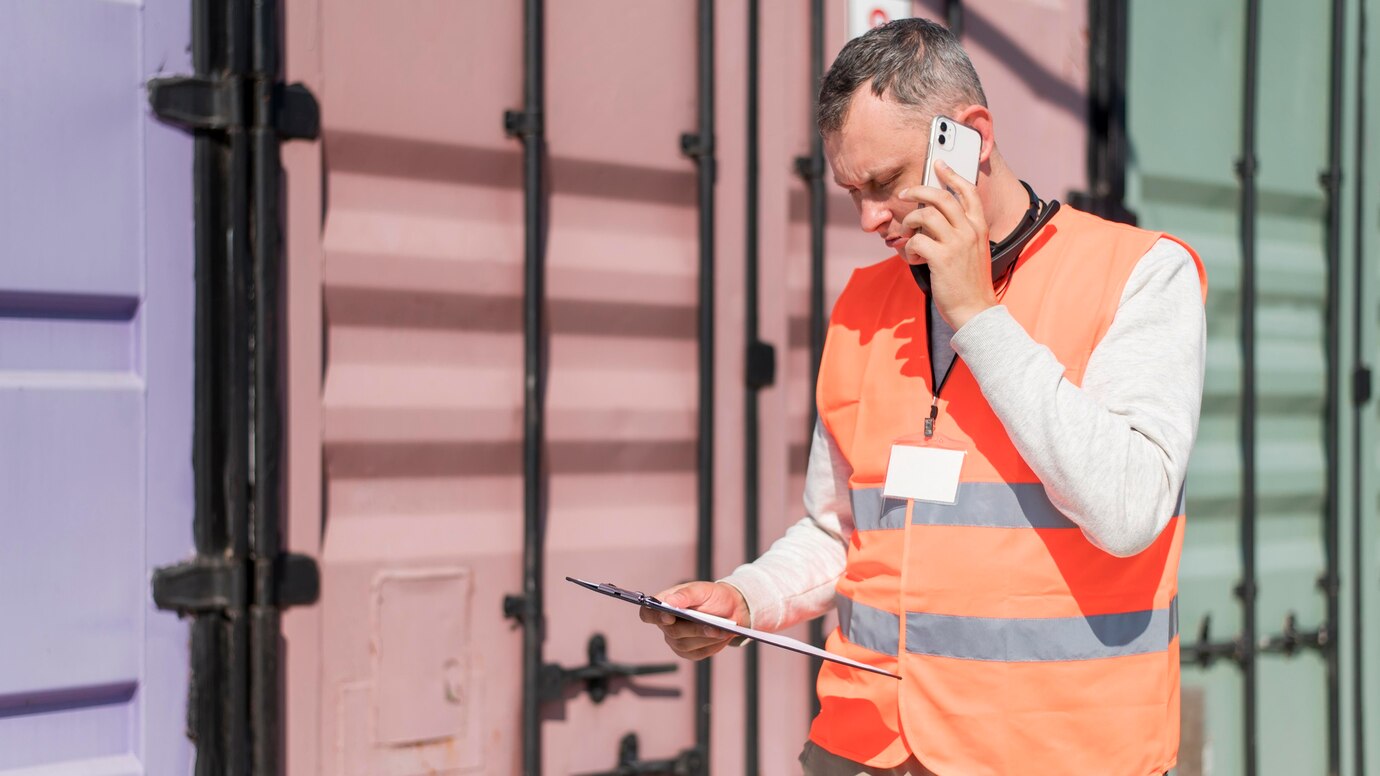Customs and compliance ensures that trade flows smoothly while adhering to legal and regulatory requirements. This blog post delves into the intricacies of processes, compliance challenges. This allows you to discover the best practices, and global examples in the context of sugar import/export.
Customs Processes
Customs processes encompass the procedures and regulations involved in clearing goods through customs authorities when entering or leaving a country. For sugar import/export, these processes typically include documentation submission, customs declarations, inspection, and payment of duties and taxes. In many countries, sugar is subject to specific regulations and tariffs designed. It is to protect domestic producers and ensure food safety standards. Importers and exporters must navigate these regulations to facilitate trade while complying with legal requirements.
Compliance Challenges
Compliance with customs regulations presents several challenges for businesses involved in sugar import/export. Tariff Barriers: Different countries impose varying tariff rates on sugar imports, affecting the cost competitiveness of imported sugar products. Regulatory Complexity: Customs regulations can be complex and subject to frequent changes, requiring businesses to stay abreast of regulatory updates and ensure compliance at all times. Quality Standards: Some countries enforce strict quality standards for imported sugar, including purity levels, labeling requirements, and food safety regulations, which must be met to gain market access.
Best Practices
To navigate customs and compliance challenges effectively, businesses can implement the following best practices: Robust Documentation: Maintain accurate and complete documentation for all import/export transactions, including invoices, certificates of origin, shipping documents, and customs declarations. Compliance Training: Provide training to employees involved in import/export activities to ensure they understand customs regulations, compliance requirements, and procedures. Engage Customs Brokers: Partner with experienced customs brokers or freight forwarders who specialize in navigating customs processes and can provide guidance on compliance matters.
Global Examples
Several countries have implemented customs and compliance measures to regulate sugar import/export: United States: The U.S. imposes tariffs on imported sugar to protect domestic sugar producers. Importers must adhere to strict regulations enforced by the U.S. Food and Drug Administration (FDA) regarding product labeling, quality standards, and food safety. The EU operates under a Common Customs Tariff (CCT), which imposes tariffs on certain imported sugar products. Importers must comply with EU regulations on food safety, labeling, and quality standards to gain access to the EU market.
Conclusion
In conclusion, customs and compliance are essential aspects of sugar import/export, ensuring that trade flows smoothly while adhering to legal and regulatory requirements. By understanding customs processes, addressing compliance challenges, implementing best practices, and learning from global examples, businesses can navigate the complexities of customs and compliance effectively. For further insights into sugar transportation, check out our blog post on the role of freight forwarders in sugar transportation. Additionally, learn about evaluating the impact of global economic conditions on sugar in our blog post on evaluating the impact of global economic conditions on sugar.

